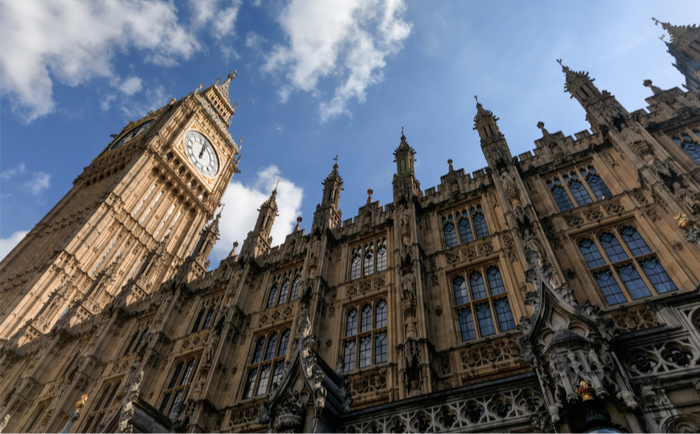Climate is considered one of the most pressing issues by executives around the world, second only to concerns about the economic outlook.
A survey also reveals that almost three-quarters of companies have seen their sustainability investments increase over the past year.
The results come in a survey from Deloitte, which questioned more than 2,000 executive officers in 24 countries around the world.
The research shows 42% of executives place climate in their top three worries, against 44% who ranked the economy among their top concerns.
When it comes to investment, 75% say they have either increased or “significantly” increased investment in sustainability.
The findings suggest that, despite uncertainty prompted by wars in Ukraine and Gaza, and a sluggish global economy characterised by high energy costs, worrying interest rates and inflation, many corporate bosses remain focused on adapting to climate change.
In an article for the Harvard Law School governance blog, Joe Ucuzoglo, Deloitte’s global CEO, and Jennifer Steinmann, the firm’s global sustainability leader, argue that climate is now an “enduring” element in the global business agenda.
“Instead of retrenching amid inflation, geopolitical crises and an energy crunch, CxOs indicate they’ve accelerated their sustainability efforts over the last year.”
Feeling the heat
The survey also reveals which climate issues are having the biggest effect on companies. A weighty 46% say resource scarcity and cost is the biggest issue, closely followed by 45% who say their companies are feeling the force of customers changing their “consumption patterns or preferences”. The regulation of emissions is third on the list of developments felt most, with 41% saying they are feeling heat from shareholders exerting pressure.
In some jurisdictions, climate and sustainability have become highly politicised. In September last year, new rules which allow pension schemes to consider ESG issues in their asset allocation were challenged in a US court by 26 Republican states. The lawsuit failed.
Last year, UK prime minister Rishi Sunak softened targets on the banning of petrol and diesel cars.
That said, only 17% of those polled said political support was an obstacle to climate action. The top three reasons were the difficulty in measuring the environmental impact of policy, cost and a focus on short-term interests.
The report notes that “there is skepticism around the seriousness of the private sector and governments to address climate change”.
The next two years will likely see the introduction of mandatory sustainability reporting measures around the world. Even the US continues to work on a suite of new climate disclosure rules. New international standards, IFRS S1 and S2, are ready to be approved by national regulators. That could up the ante for companies when it comes to climate and sustainability action.





